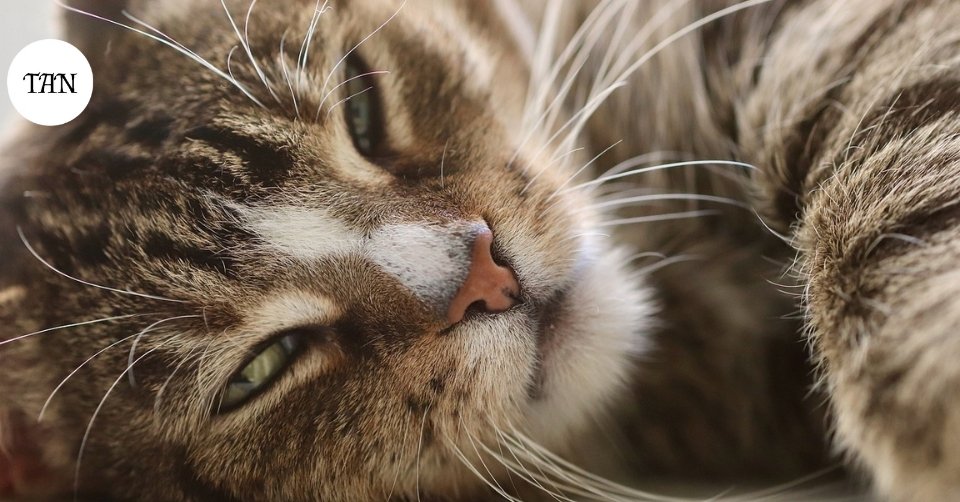Cats are popular animals which are usually tamed and kept as permanent additions to many families as pets and friends. In fact, despite the fact that hairballs are not very pleasant, with cat hair, there are other rather dangerous consequences for the Health of the inhabitants of the house, which are Popular. It is essential to know these risks to prevent bad circumstances and to provide a healthy environment for people with special needs, for example, with sensitive skin or allergies. READ also about the possible risks of many different diseases that can be contracted from cat hair, and then learn about how to avoid these risks.
Allergic Reactions to Cat Hair

The matter of cat hair is one of the most frequent concerning people, and it is related to allergy. As mentioned earlier, it is not the hair that causes allergies but the proteins found on a cat’s saliva, urine, and dander that was debunked. Er, when cats engage in self grooming, such proteins having been ingested accumulate on the fur. As the fur sheds, these allergens become airborne and can cause symptoms such as:As the fur sheds, these allergens become airborne and can cause symptoms such as:
- Sneezing
- Runny or stuffy nose
- Itchy, watery eyes
- Skin rashes
- Wheezing and difficulty breathing
People with poor health especially those with asthma or any respiratory issues can be more affected. However, it is important to note that forming good hygiene practices can reduce the spread of allergens and in some situations there is a need to see the doctor.
Respiratory Issues Linked to Cat Hair
Catching what your cat has to say on hair and dander can also bring about breathing issues especially if one suffers from asthma or chronic bronchitis. The fine particles can irritate the respiratory tract, leading to symptoms such as:The fine particles can irritate the respiratory tract, leading to symptoms such as:
- Persistent coughing
- Shortness of breath
- Chest tightness
Such allergens are dangerous to individuals with susceptive immune systems, and being exposed to them, especially for an extended period, could worsen one’s health. Although one cannot eliminate all airborne particles, proper use of air purifiers and exposing the living areas to fresh air can assist with decreasing the density of these particulates.
Infections and Parasites
It is possible to find cat hair having parasites and bacterial infections on its surface. These are parasites that cling to the fur coat and are easily transferred to humans thus causing skin diseases. . In addition, different body fluids such as saliva contain bacteria like Pasteurella multocida, which makes cat scratches or bites able to cause severe bacterial infections when entering the bloodstream.
Gastrointestinal Problems
Consumption of cat hair which is also known as Pica is known to lead to complications related to digestion. This can happen indirectly, for instance through frustrated tubes in which cat hair can affect foods or other items. Symptoms might include:
- Stomach pain
- Nausea
- Vomiting
However, if one has ingested enormous quantities of hair, trichobenzar can probable develop and cause obstruction of the digestive system and in that case the individual has to seek medical help.
Preventive Measures
To mitigate the risks associated with cat hair, consider the following preventive measures:
- Regular Grooming: Brush your cat frequently to reduce shedding and remove loose hair. This can significantly decrease the amount of hair and dander in your home.
- Cleaning and Vacuuming: Regularly clean your living space, paying special attention to areas where your cat spends the most time. Use a vacuum with a HEPA filter to capture fine particles.
- Air Purification: Invest in air purifiers to help remove airborne allergens from your home.
- Hygiene Practices: Wash your hands after petting or playing with your cat, and avoid touching your face, especially your eyes and mouth.
- Veterinary Care: Keep your cat healthy with regular veterinary check-ups to prevent parasite infestations and other health issues.




